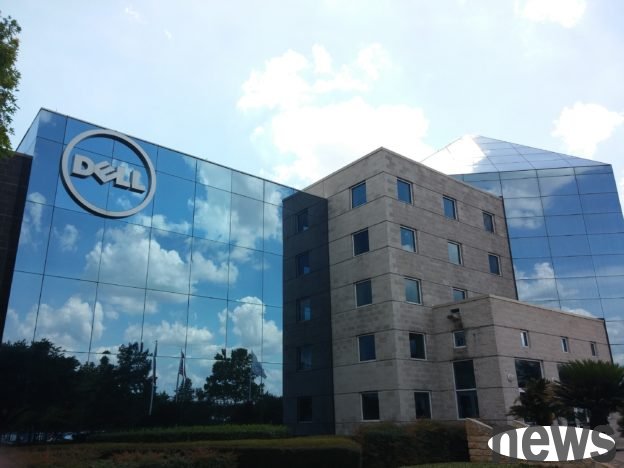
Analysts at Morgan Stanley worry that soaring memory prices will affect the profits of computer hardware manufacturers, with companies such as Dell and HP Inc. bearing the brunt. Dell's share price fell more than 8% on the 17th, becoming the deepest-falling component of the S&P 500 Index.
MarketWatch, Investopedia and other foreign media reported that Morgan Stanley analyst Erik Woodring pointed out that the surge in prices of memory and storage equipment due to the surge in demand is beneficial to manufacturers such as Micron, Western Digital and Seagate, but their customers are bound to suffer losses.
Woodring downgraded the investment rating of Dell and HP stocks to "underweight", mainly due to concerns about the dual dilemma of high component prices and weak hardware demand. Memory is an important input cost.
At the same time, DRAM (Dynamic Random Access Memory) has surged by approximately 160% in the past month, and NAND Flash (Storage Flash Memory) has also increased by approximately 50% since April this year.
Woodring pointed out that the "price super cycle" of NAND Flash and DRAM chips poses an increasing downside risk to the profits of hardware OEMs in 2026. Before the price increase, memory accounted for about 15% to 20% of the material cost of notebook computers. Memory prices have skyrocketed, which will put huge cost pressure on downstream PC products by 2026.
Dell fell 8.43% on the 17th, becoming the deepest falling component of the S&P 500 Index, while HP fell 6.7%.
Morgan Stanley maintains its optimistic attitude towards memory and storage equipment manufacturers. Last week, it listed Micron as the first choice in the US semiconductor industry, and continues to be optimistic about Seagate and Witten Electronics.
Further reading: Samsung increases memory price increase to 60%, increasing pressure to build large AI databases Ten years of memory shortage? Demand for AI servers explodes, from HBM to SSD. Memory prices are in chaos! The launch of new module factory products has been postponed from Q4 this year to 2026 Rising memory prices impact the consumer market, and the outlook for the smartphone and laptop industry in 2026 is revised downwards